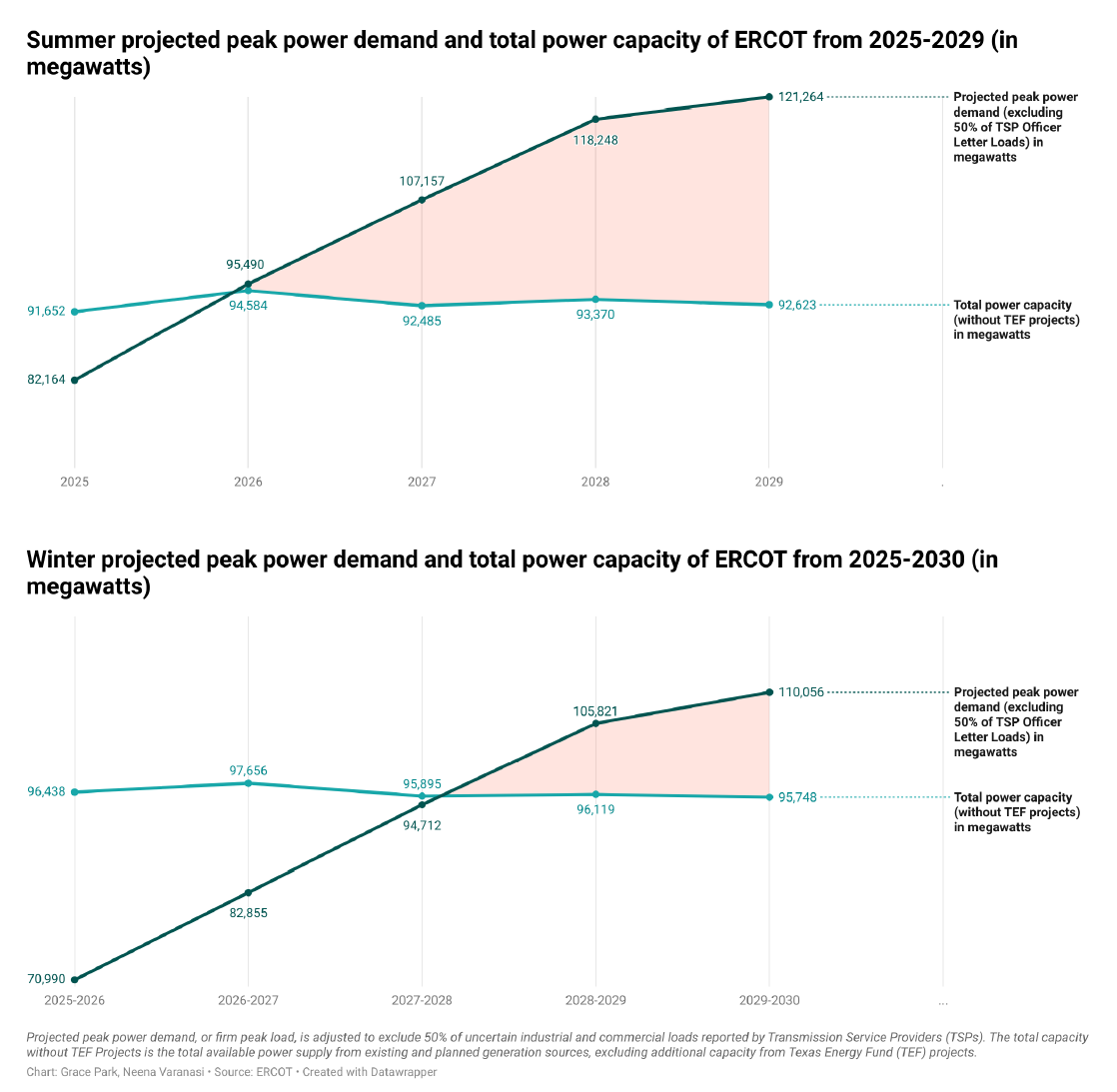The Texas Court of Criminal Appeals refused an appeal Wednesday from Meechaiel Criner, who was convicted of capital murder in 2018 for killing UT student Haruka Weiser in 2016.
Criner, who represented himself in the appeal, asked the Court of Criminal Appeals, the top criminal court in the state, to review the district court judgment, according to court records. Criner’s appeal argued that his life sentence is unconstitutional, the district court’s judgment contained an error and the district court erred by denying his motion to suppress evidence and by denying him a new trial. The court decides which appeals it will hear.
According to the appeal, the district court erred when it denied his motion to suppress evidence found in a trash can, where police placed Criner’s belongings before transporting him to a homeless shelter. According to the opinion from a November ruling by the 3rd Court of Appeals, police found a portion of a partially burned Doc Marten boot, a black turtleneck and black pants that all resembled the clothes Weiser was last seen wearing. Inside the sweater was a receipt with Weiser’s name on it, according to the opinion.
Criner claimed this was an unreasonable search and seizure, according to the opinion. The district court denied this request.
“A defendant must demonstrate that he personally has an expectation of privacy in the place searched, and that his expectation is reasonable,” said the opinion.
Criner also claimed the life sentence with the possibility of parole he received was unconstitutional.
“‘An automatic sentence of life with the possibility of parole after 40 years imprisonment for a juvenile offender convicted of capital murder violates the Eighth Amendment of the United States Constitution, which prohibits the imposition of ‘cruel and unusual punishments,’’” said the opinion.
The appeal cited a U.S. Supreme Court decision that ruled life without the possibility of parole as unconstitutional. The Court cited a case in Texas that made life with the possibility of parole constitutional for minors, according to the opinion.
According to the opinion, Criner argued a clerical error was made in his sentencing where the Court did not specify if he will be eligible for parole.
The district court acknowledged this issue and modified the judgment to show the possibility of parole, according to the opinion.
Criner filed a motion for a new trial after alleging he discovered new evidence, according to the opinion. The district court denied this motion because it did not fulfill the final requirement necessary to give Criner a new trial: Even if the evidence were true, it would have to result in a different outcome of the trial, according to the opinion.
The Court of Criminal Appeals determined these issues did not fall under any of the six predetermined reasons to grant review, according to the appeal.
“On this day, the Appellant’s Pro Se petition for discretionary review has been refused,” the notice reads.




















